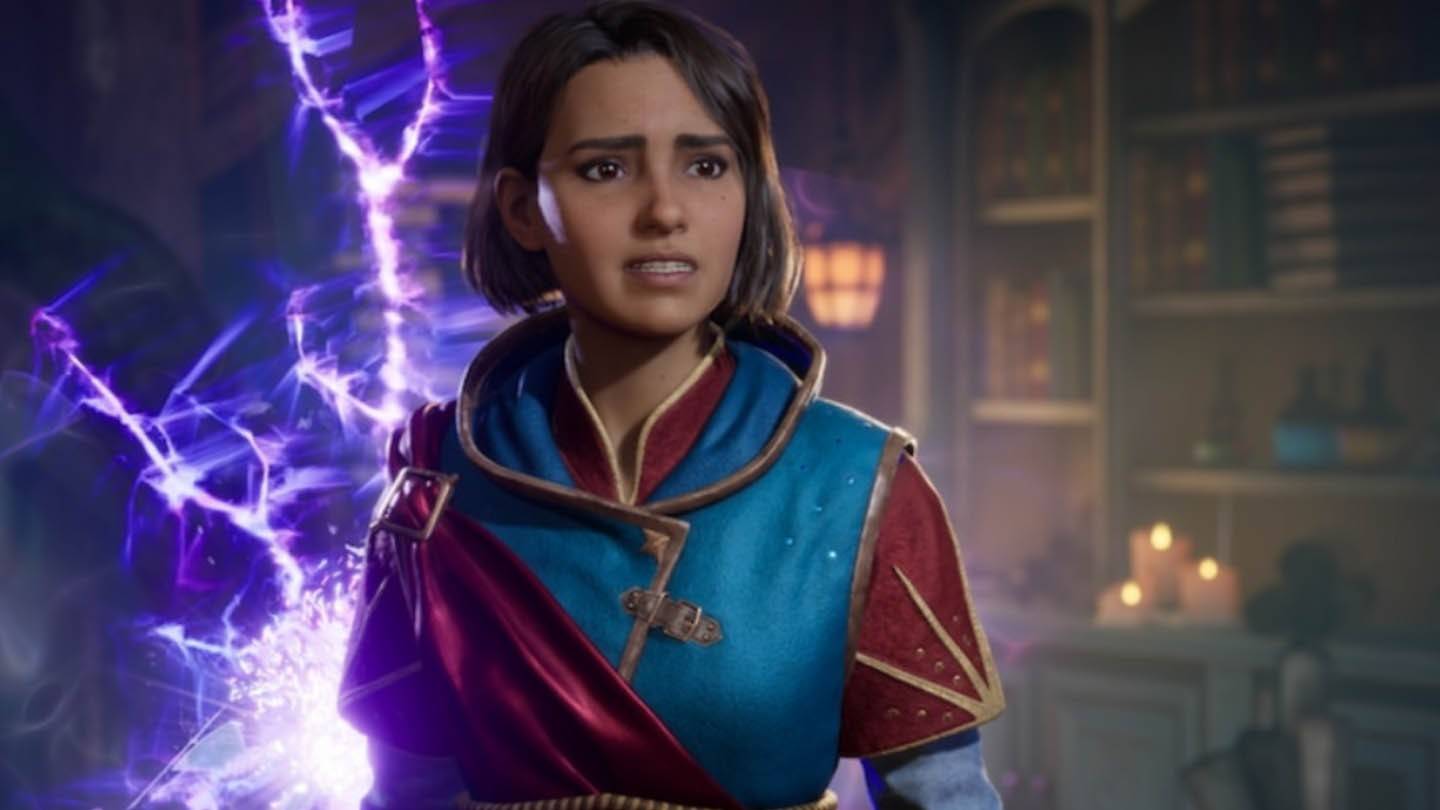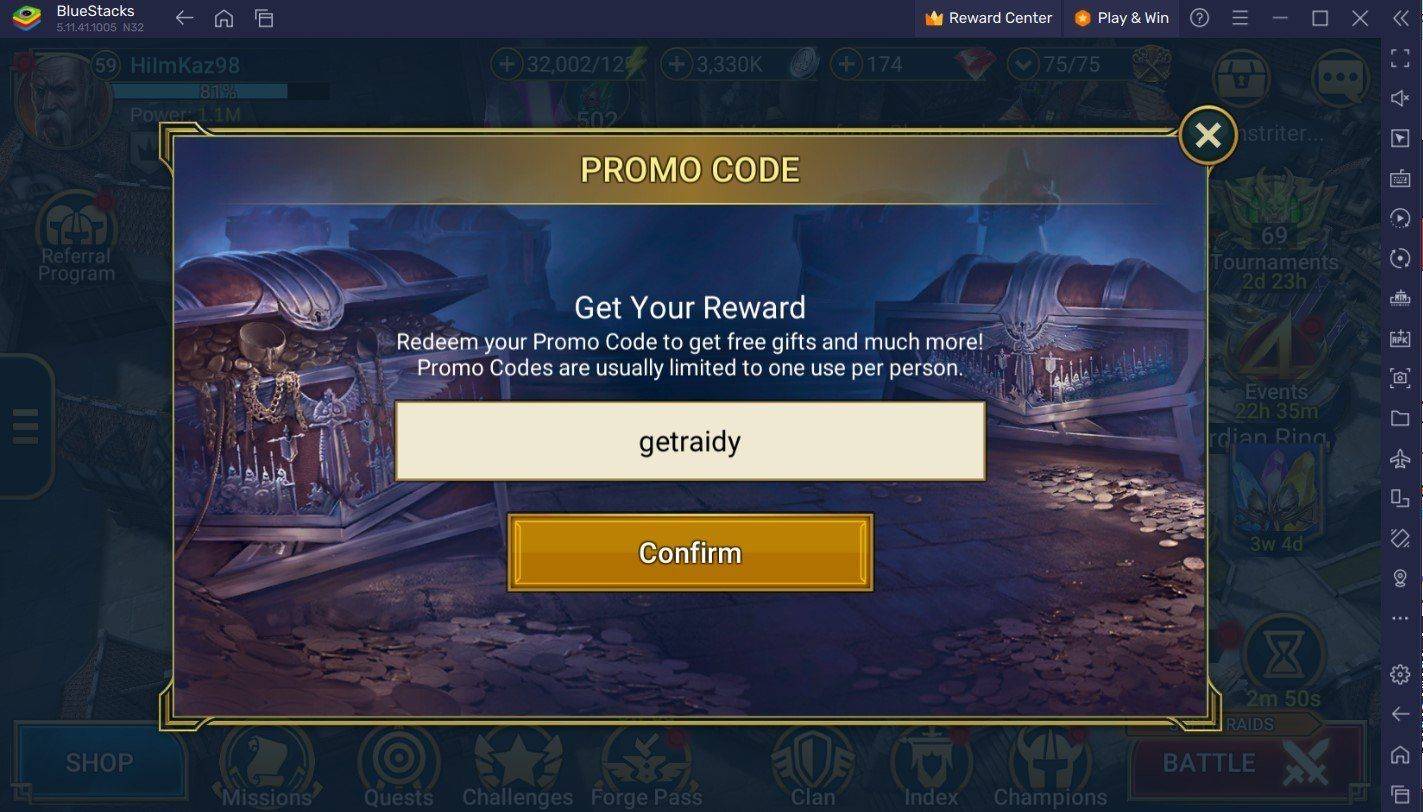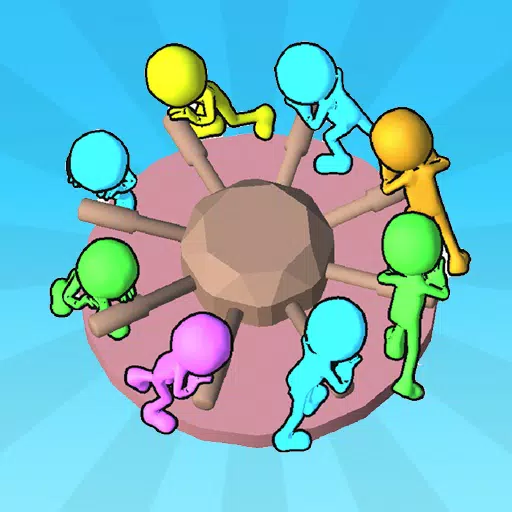
Split Fiction, the eagerly awaited cooperative adventure game from the creator of It Takes Two, has unfortunately fallen prey to piracy just days after its official launch on March 6, 2025. Released across multiple platforms, including PC via Steam, the game quickly garnered both critical acclaim and the attention of hackers.
Despite earning high praise and positive initial reviews on Steam, Split Fiction was rapidly cracked by tech-savvy individuals, largely due to the absence of robust DRM (Digital Rights Management) protection. Electronic Arts chose not to implement Denuvo, a widely used anti-tamper technology, which left the game more susceptible to unauthorized access.
The lack of Denuvo protection facilitated hackers in bypassing security measures, leading to the game being distributed on piracy platforms. Within days of its release, unauthorized copies of Split Fiction were circulating online, allowing users to access the full game without purchasing it.
This incident underscores the persistent challenges game developers face in protecting their creations from piracy, while also ensuring player accessibility and maintaining performance. While many gamers appreciate the absence of intrusive DRM systems like Denuvo, it also leaves titles more vulnerable to exploitation shortly after launch.
Crafted by the creative genius behind It Takes Two, Split Fiction has been lauded by critics for its innovative co-op mechanics, compelling storytelling, and stunning visuals. Early player feedback on Steam echoes this sentiment, with many praising the game as a commendable follow-up to Josef Fares' previous work.
The game invites players to embark on a unique cooperative journey, combining clever puzzles, heartfelt narrative moments, and dynamic gameplay. Its success among legitimate buyers highlights the potential impact of piracy on sales and the developer's revenue.
The decision to forgo Denuvo protection in Split Fiction has reignited discussions about the role of DRM in modern gaming. While some argue that DRM can adversely affect game performance and frustrate legitimate players, others believe it's a necessary safeguard against piracy.
In the case of Split Fiction, the absence of DRM may have facilitated its rapid compromise, prompting questions about whether Electronic Arts underestimated the speed at which hackers could act.







